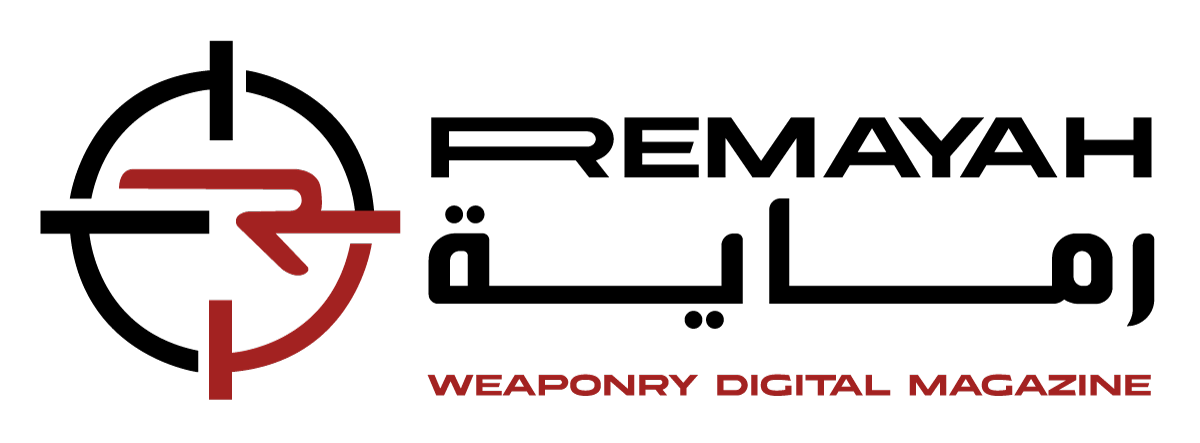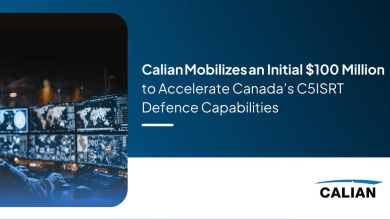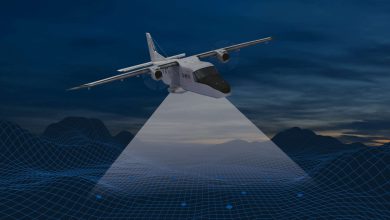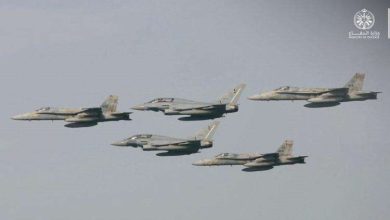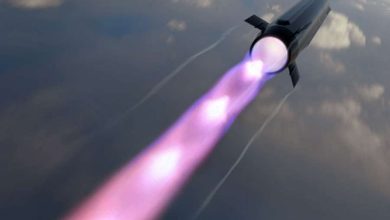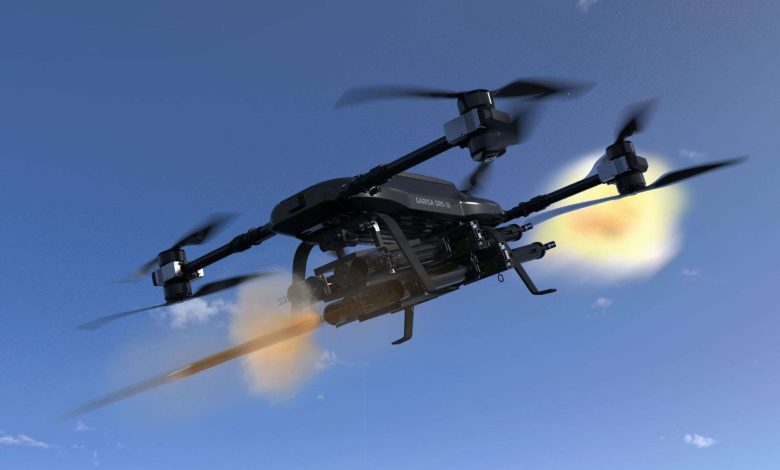
“Charting New Waters: The SAS Innovation and Sigmund Naval Partnership Transforming USV Progress in the Eastern Mediterranean”
Spirit Aeronautical Systems S.A. (SAS Technology) based in Greece and Sigmund Naval & Marine Ltd from the UK announced the signing of a unique Memorandum of Understanding during the DSEI exhibition, marking a major leap in defense and maritime advancements for the Eastern Mediterranean region.
DSEI UK 2025, London – September 12, 2025 SAS Technology is a prominent Greek manufacturer of dual-function advanced unmanned systems, renowned for the SARISA II, the first-ever UCAV globally to successfully launch a laser-guided missile (THALES FZ275) with precision under a meter.
Sigmund Naval & Marine Ltd is a distinguished British naval design consultancy with award-winning expertise in USVs, patrol ships, and war vessels, supplying state-of-the-art unmanned crafts from 11 to 60 meters to clients worldwide.
As per the accord, both companies will work in exclusive partnership on the design, production, and deployment of Unmanned Surface Vehicles in Greece and Cyprus. Local manufacturing will fortify Greece’s industrial framework, enhance technological self-sufficiency, and assist in regional strategic independence. The applications of these vessels span defense operations, coastal surveillance, intelligence gathering, mine countermeasures, search and rescue, and environmental monitoring—directly responding to the operational needs of Greece, Cyprus, and the wider Eastern Mediterranean.
At the heart of the alliance is the TriRaptor 15m USV, an advanced maritime asset set to redefine force projection and coastal security. With a stealthy design, 70-knot peak speed, 720-nautical-mile endurance, and modular payloads, it is versatile for ISR, anti-submarine missions, patrolling, and logistical operations.
For Greece, Cyprus, and the extended Eastern Mediterranean, the introduction of such platforms signifies not just a technical evolution but also a strategic enhancement—securing energy routes, reinforcing maritime sovereignty, and strengthening stability in one of the globe’s most strategically contested naval territories.
Regarding the partnership, Mike Spiridakos, CEO of SAS Technology, commented: “This alliance underscores our commitment to delivering agile and adaptable automation solutions for critical safety challenges. It is a privilege to integrate Sigmund’s exceptional expertise into SAS’s offerings. Local production of advanced USVs enhances resilience, encourages industrial cooperation, and boosts regional maritime safety.”
Peter Symonds de Montfort, CEO of Sigmund Naval & Marine Ltd, added: “Sigmund’s design vision, blended with SAS’s research & development prowess, will create a new generation of unmanned vessels tailored to meet the strategic requirements of Greece, Cyprus, and the Eastern Mediterranean. Together, we are setting a new benchmark in maritime innovation.”
